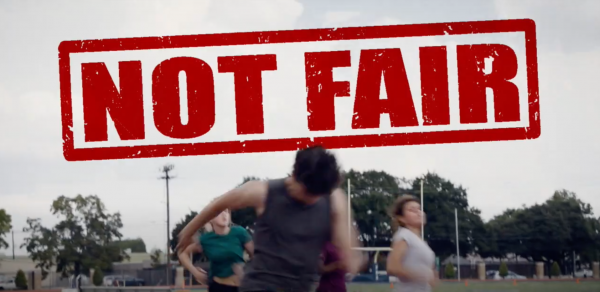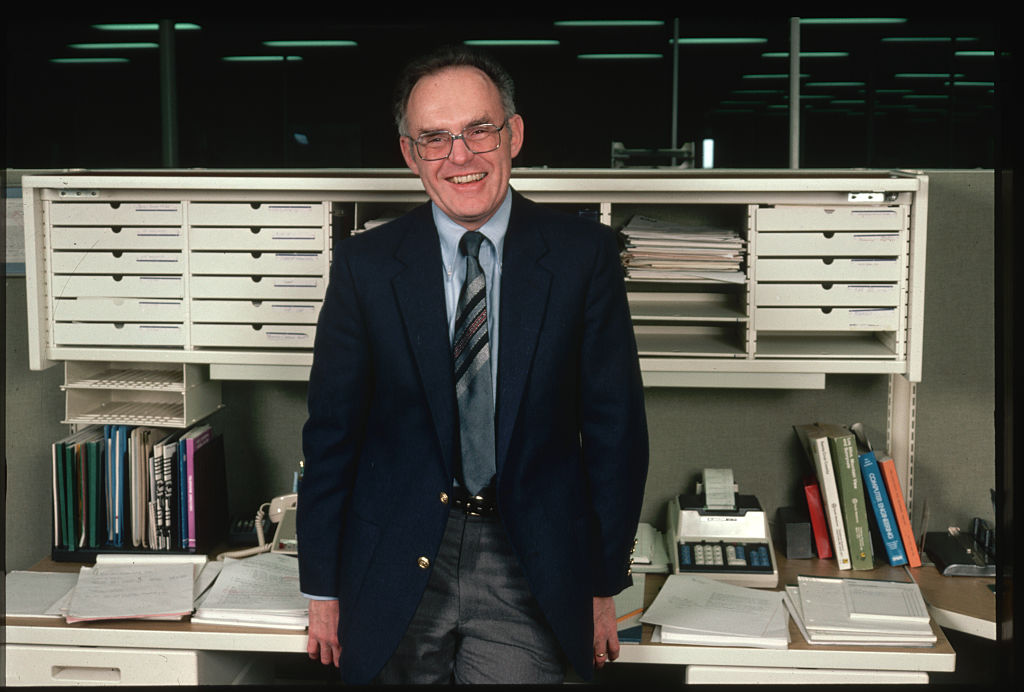The ruling class is desperate to keep the truth under wraps this November.
Memory Holed

We must protect the free expression of the past as much as for ourselves and our inheritors.
A disturbing new trend emerged recently of publishers altering and modifying various literary works to make them more consistent with contemporary attitudes. Puffin Books, the publisher of Roald Dahl’s works, decided that his description of a character in Matilda as “fat” and “ugly” was offensive, and replaced them with terms deemed to be more sensitive. References to Rudyard Kipling and Joseph Conrad were replaced with John Steinbeck and Jane Austen. The adoption of such practices has led to the creation of a new career field—like community organizers and social media influencers—of “sensitivity readers,” who examine manuscripts in search of words and phrases which need to be changed to avoid offending modern sensibilities. The works of Agatha Christie have also been subject to this mutilation, and Ian Fleming’s James Bond novels are about to undergo the same treatment. This type of thing appears to be a growing trend in the U.K., but U.S. editions of Roald Dahl’s books have not yet been changed.
The authors of these books are dead, and there is no way to ask if they approve of any of these changes to their work. But there is a way to ensure that authors and other artists are not subject to post-mortem censorship. Legislation should be passed to amend copyright laws to extend authorship protection after the death of the author, even after the work has passed into the public domain. While there is already a statutory provision, the Visual Artists Rights Act (17 U.S. Code § 106A) which does protect the right of an author to prevent the “intentional distortion, mutilation, or modification” of that author’s work, such protection is limited to “works of visual art,” and this protection will generally end upon the death of the artist.
Most literary works will eventually pass into the public domain. For example, everything first published in the United States prior to 1928 is now common property. For anything published after that date, there are widely varying rules which are dependent on the exact date of first publication and compliance with copyright formalities. The applicable rules are rather complex. However, the copyright on most things published in the U.S. after 2002 will expire 70 years after the death of the author.
Copyright law in the United States derives from Article I, Section 8, Clause 8 (the Copyright Clause) of the Constitution, which defines one of the enumerated powers of Congress to enact statutes which provide for the granting of patents and copyrights for “limited times.” This means that there is no provision for perpetual copyright. There have been instances when Congress passed legislation extending copyright protection, notably the Copyright Term Extension Act (also known as the Sonny Bono Act and the Mickey Mouse Protection Act) which provided for several significant retroactive extensions of copyright periods. This case became the subject of litigation and was ultimately upheld by the Supreme Court in Eldridge v. Ashcroft, 537 U.S. 186 (2003). Essentially this decision meant that while Congress can grant extensions, these must be for a finite period due to the “limited time” provision of the Constitution and that U.S. law does not allow for perpetual copyright.
The entrance of publications to the public domain is primarily a commercial matter. However, today’s “cancel culture” environment, combined with the prevalence of electronic publishing, has created a situation straight out of 1984 or Fahrenheit 451 and is clearly something that the Founding Fathers would never have expected to happen. The popularity of e-books has created a condition whereby publishers can perpetually edit books without informing anyone about it, a practice which only became widely known after having been reported by The Times of London and The Telegraph. While users can turn off automatic updates in their Amazon preferences, Google Play automatically “updates” e-books with no option to opt out. Little, Brown and Company, whose authors include James Patterson, Evelyn Waugh, and Donna Tartt, has publicly acknowledged that it regularly makes “corrections” to e-books at “editors’ and authors’ discretion, fixing factual errors, and typos, rewording phrases, and adding new passages.” Terry Adams, a vice president who runs paperback and digital publishing, has stated that such changes are not recorded publicly and are “in line with industry standards.”
This is all eerily similar to the work of the Ministry of Truth in 1984. Previously published materials which were no longer consistent with the current Party line were dropped down “memory holes” which were incinerator chutes. George Orwell envisioned all of this at a time when all publishing involved making physical copies of the materials in question. The rise of “virtual” books and films has now taken censorship to levels which he could never have imagined. As a result, copyright law must be thoroughly revamped to protect literary works from bowdlerization by ideologues and bluenoses now and in the future. A term protection of 500 years is not unreasonable.
Yet there is still a way to preserve the wisdom of the past in unaltered form. Anyone who is observant enough to see and understand what is happening can and should immediately start to obtain copies of books and movies that are especially important to them. Physical media are tangible objects which can’t be changed. It is easy and inexpensive to start such a collection. There are still many stores which sell both new and used copies of just about anything that has ever been published. It is certainly worth the effort to find the ones that are located close to your location. If you can’t find what you are seeking in your own area, it is a very simple matter to go online and order what you want. Many of the best things ever published are available at reasonable prices.
Buying physical copies of books, music, and films will allow the owner to retain the actual work as it was originally created and published. The great classics of the past can continue to exist in an unaltered form which can be viewed, listened to, or read again and again. Perhaps even more importantly, they can eventually be passed on to friends and family members. You can decide what you think is worthy of preservation and not leave this important decision to the whims of officious busybodies who want to control what you can see and ultimately what you are allowed to think and believe.
The American Mind presents a range of perspectives. Views are writers’ own and do not necessarily represent those of The Claremont Institute.
The American Mind is a publication of the Claremont Institute, a non-profit 501(c)(3) organization, dedicated to restoring the principles of the American Founding to their rightful, preeminent authority in our national life. Interested in supporting our work? Gifts to the Claremont Institute are tax-deductible.
Gordon Moore was the last of the great twentieth century American innovators.
Apple Vision Pro is doomed to fail just like the Metaverse.
Big Tech poses a formidable challenge to maintaining self-government in the digital age.
Wokeness is creeping into video games.
Reject the fiction of perfection for the messiness of the world outside your head.






